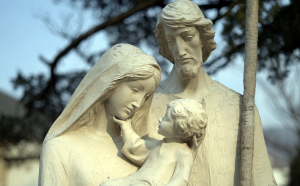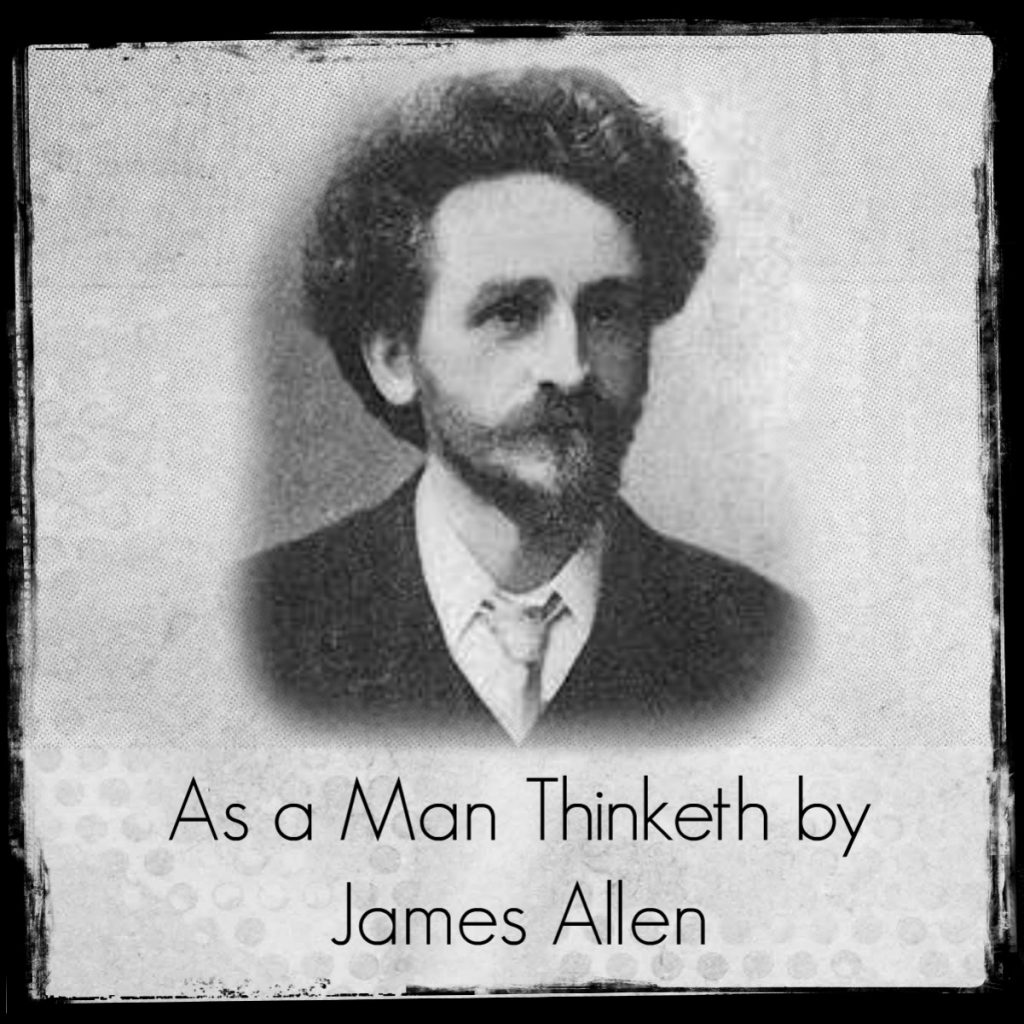Sometimes we want to apply Rare Faith to protect or save our adult children from the consequences of their choices. But they must still make their own choices.
Our job is to hold on to a belief in the Lord’s long-term plan for us, and by holding a vision of hope for our children’s ultimate well-being, we can avoid being the limiting factor in what God can do for those we love.
Following is one mother’s wrestle with this hardship, and the lessons she learned as she considered God’s word and counsel.
____________________
Name Withheld
“I’ve never been happier in my life.”
That one short sentence posted on social media sent a tsunami of pain, despair and heartache crashing through my weakening fortification of courage and faith.
My child had just shared her greatest challenge which had blown her off the strait and narrow path of the gospel of Jesus Christ. I knew it might come out some day, but seeing it illuminate my computer screen was unexpected.
A few days after the waters receded, I reached out to connect. We were both in a pretty good place – relatively speaking – but the torture of those seven words reopened a plethora of wounds.
Having barely survived a series of violent storms and crashing waves, could I ever believe there could be a safe and triumphant harbor rather than a devastating shipwreck? It was looking pretty bleak.
But God.
What does He do? Is it possible to nurture in a more inspired way? How does God parent? How does He meet us where we are and love us full on? How does He love me through my challenges and missteps along the covenant path? How does He gently lead me back to Him?
I had to know.
So I turned to the scriptures. After being soothed by the words of Christ in the New Testament, my eyes fell upon something new. The parable of the Prodigal Son. (Luke 15)
Not new in terms of never having been read. But completely new.
I’m sure I’ve read it a hundred times over the span of my lifetime but never with the layer of understanding that distilled on me this time.
The younger son asked for “the portion of goods that falleth to [him.] And [his father] divided unto them his living.” (Luke 15:12)
I learned a great lesson in the way his father acted here. Asking for his inheritance while his father was still living was offensive and shameful in the culture in which he lived. Yet his father loved him enough to allow him to walk his own journey. A journey that would bring pain and even dishonor to his name.
“. . . Not many days after” he took the money from the sale of his father’s property (which meant the family farm) and left for a far-away country where he “wasted his substance with riotous living.” (Luke 15:13)
The selling of his property would divide the family’s land and business. It also left him outside the divine protection of his family. Tradition teaches that the entire community could perform a ceremony (the kezazah) to cut him off permanently from their society for his betrayal. As we contemplate this young man’s inheritance we see it as monetary.
But the question that comes to my mind is, “what inheritance have I given my own children?”
Doctrine and Covenants 29:34 says, “I say unto you that all things unto me are spiritual . . . “
The legacy I have passed down to my children is my faith, my love and my testimony of Jesus Christ. I have taught them how to listen to and understand the voice of the Holy Spirit. They know I fight for the family and have a profound reverence for the majesty of womanhood.
Sadly, I feel like my own child has gathered “all together and [taken her] journey into a far country” and has abandoned her precious inheritance. It is heart-breaking.
Back to the story.
“And when he had spent all, there arose a mighty famine in that land; and he began to be in want.” (Luke 15:14)
As I read this it occurred to me that, perhaps, this is evidence of God’s mercy. He allows us to “spend all” and feel the full effect of famine in our lives. It’s based on an eternal law.
We learn in Doctrine and Covenants 130:20-21:
“There is a law, irrevocably decreed in heaven before the foundations of this world, upon which all blessings are predicated—And when we obtain any blessing from God, it is by obedience to that law upon which it is predicated.”
When we walk away from truth or fall into forbidden paths, there are certain blessings we forfeit. Even if good, God-fearing people desire certain favors but violate the law tied to that blessing, the gift must be withheld. By law.
When we spend all — we will eventually begin to be in want. Each of us experiences our “famines” differently. It could be financial. Perhaps it’s a delay in personal progression. Maybe it’s a loss of relationships that once were rich. It could simply be a spiritual dearth.
An emptiness.
As painful as it is, I still see God’s mercy. It is my lack that induces humility, which causes me to turn back to the Lord.
“And he went and joined himself to a citizen of that country; and he sent him into his fields to feed swine.” (Luke 15:15)
Throughout his upbringing the young man knew that swine were unclean. His religion forbade any dealings with pigs, but this is where he sought relief. Perhaps the swine in this parable represent the political, social, and cultural “garbage” society feeds us today.
“And he would fain have filled his belly with the husks that the swine did eat: and no man gave unto him.” (Luke 15:16.)
The Greek definition of “would fain” is “desired; set the heart upon.” This young man really wanted to be filled with the garbage fed to the pigs. But no man gave unto him. They had nothing for him. Nothing of substance. Nothing that could fill his soul.
“And when he came to himself, he said, How many hired servants of my father’s have bread enough and to spare, and I perish with hunger!” (Luke 15:17)
He realized that all the promises of joy in forbidden paths were a lie. And he considered his former life, maybe his parents, his religion, and his community weren’t so bad after all.
Out of the mouths of imperfect individuals I have heard, “I could never make it to the highest degree of the Celestial Kingdom, but I’d be okay if I could just be a ministering angel.”
Like these lost ones, the prodigal son in this moment proves he doesn’t really know his father. He only hopes his father will feed him and allow him to be his servant.
However, with the faintest hope that his father could overlook his unworthiness just enough to make him a servant, he declares,
“I will arise and go to my father . . .” (Luke 15:18)
He had to arise out of the pig muck, as do we all when we come to ourselves. Facing his father, unclean in both body and spirit, could be paralyzing.
Would the community perform a kezazah and completely disown him? Would his father be angry? When his father’s eyes fell upon him, would he see sorrow and disappointment there?
“ . . . he arose, and came to his father. But when he was yet a great way off, his father saw him, and had compassion, and ran, and fell on his neck, and kissed him.” (Luke 15:20)
This was unexpected.
I have wondered how this young man might have felt in that moment. I learned a number of lessons from the example of this good father this time.
For him to have seen his son “yet a great way off,” he had to be watching for him. I love the faith and hope he had that his son would return one day. He ran to him. He didn’t wait for his son to show a proper amount of humility before he would speak to him. As soon as he had evidence that he wanted to come back (he visually saw him), he met him halfway.
His greatest priority was his son. He didn’t worry about what others thought of his actions. He went to his son where everyone could see him, loved him, and set an example to the community of how he hoped they, too, would receive him. This prodigal son repented immediately. He confessed his sin and acknowledged his own unworthiness.
And then his father does more.
He “said to his servants, Bring forth the best robe, and put it on him; and put a ring on his hand, and shoes on his feet.” (Luke 15:23)
This reading caused me to reflect deeply during each step in the parable. Could this offering made by his father possibly be a restoration of temple blessings?
None of this servant stuff. He welcomed him back as an heir of the covenant. He then called,
“bring the fatted calf, and kill it; and let us eat, and be merry.” (Luke 15:24)
What hit me next touched me deeply.
A sacrifice was made to welcome him back into the family. It is the sacrifice of Jesus Christ that allows us, as sinners, to repent and to be welcomed back into the family of Christ. And perhaps the “eating” of the fatted calf is symbolic of the restoration of his covenant blessings.
Being worthy to again partake of the holy Sacrament.
Remember when the oldest son discovered the reason for all the joyful hustle and bustle on their property? He was so angry. He refused to join the feast. But “therefore came his father out, and entreated him.” (Luke 15:28)
It is precious to me that this man was long-suffering to both of his sons. He met them where they were in the moment. He allowed them to come to their own understanding of Truth at their own pace and in their own ways.
The son told his father he was angry that he, the obedient son, had remained valiant over the years,
“but as soon as [his brother] was come, which . . . devoured [his father’s] living with harlots, [his father] . . . killed for him the fatted calf.” (Luke 15:30)
When he unleashed a full attack against his brother, his father taught a lesson by example.
“Son, thou art ever with me, and all that I have is thine. It was meet that we should make merry, and be glad: for this thy brother was dead, and is alive again; and was lost, and is found.” (Luke 15:32)
I am so grateful for the truths I have learned in this parable.
First, that my Heavenly Father loves me and has consistently watched for my return to the path of Truth along my learning journey. Second, that as He is patient with us, so should we be with our children. And third, that I can look from “yet a great way off” with an abiding hope and profound gratitude for my own child’s return.
A Summary of Lessons Learned:
- Even when their chosen road may cause us pain or even dishonor, we can allow our children
to walk their own journey (as the Lord allows us to select our own path). - We leave our children a spiritual inheritance.
- Choosing a path that ends in a spiritual famine is evidence of God’s mercy to our children and
to us, as our miserable lack may encourage humility and lead us back to Truth. - When we or our children immerse ourselves in political, social, and cultural “garbage” we will
be left with nothing of substance – nothing that can fill our souls. - If we truly know our Heavenly Father, we will understand that He doesn’t want to punish us.
He wants us to return to Him and is eager to shower us with His very best. - It takes a great deal of courage for every one of us to rise out of the muck.
- We can watch with a fervent hope and “yet a great way off” for our child to return, as
Heavenly Father watches for us. - It is important to run to the prodigal to set an example for others and to freely welcome them
home. - We, too, can gracefully support our children while they seek a restoration of temple blessings.
- Jesus Christ is the sacrifice that makes it possible for us to be welcomed back into the family of Christ.
- The killing and consuming of the “fatted calf” may represent the restoration of covenant blessings in partaking of the Sacrament.
- Jesus Christ meets each of us where we are, and we can do the same with our children.
- The Rare Faith Book – Part 2 - December 24, 2024
- The Reason – a new twist on the seatbelt story - December 20, 2024
- Trusting in the Master Plan - December 13, 2024
















